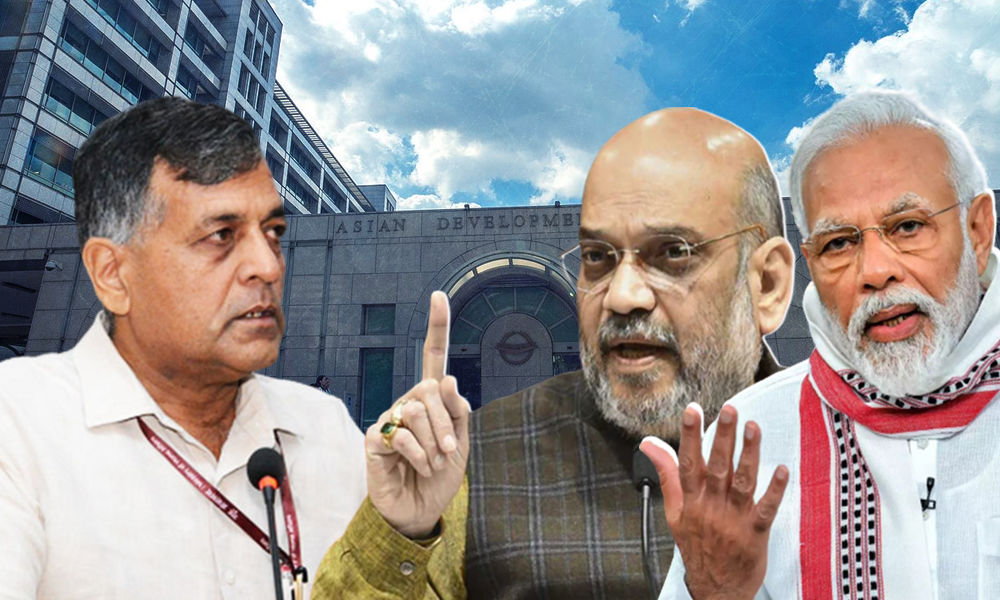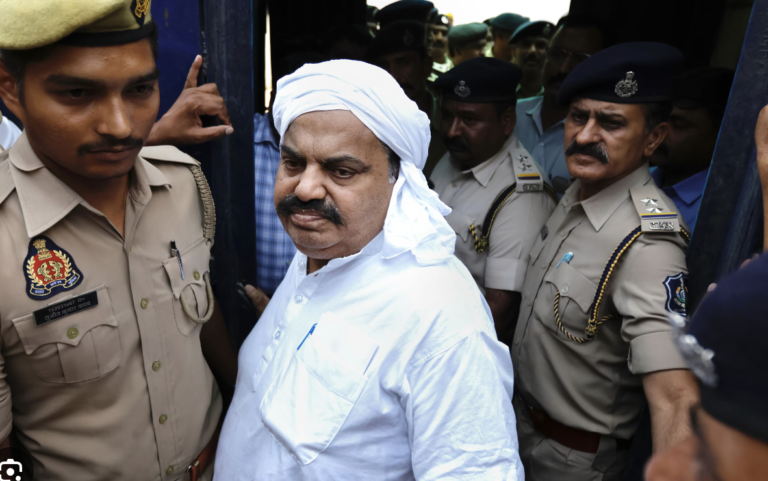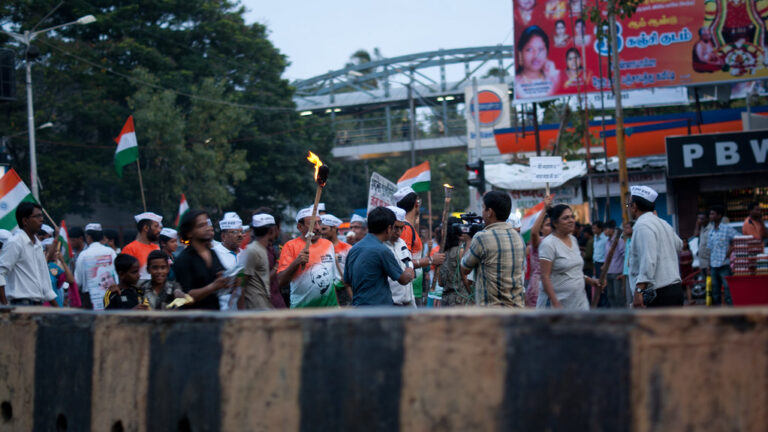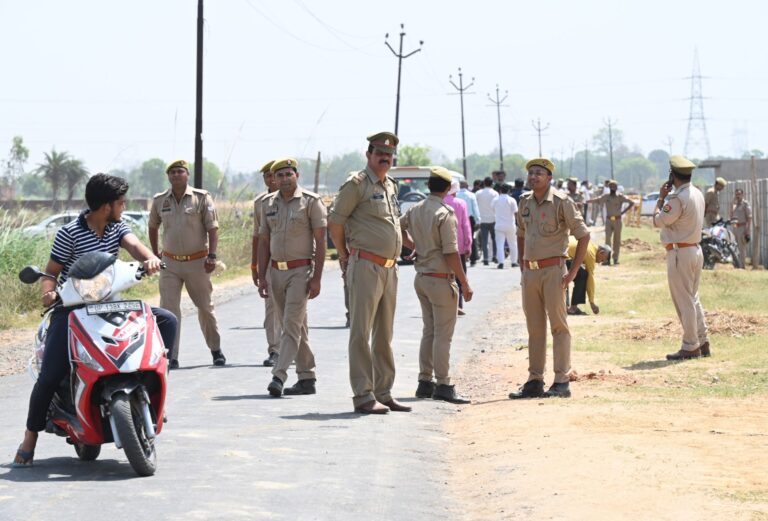#Exclusive: Govt Rejects RTI Seeking Info On Ashok Lavasa’s Appointment As VP In Asian Development Bank
The article was originally published in The Logical Indian. Read here.
Lavasa had opposed giving ‘clean chit’ to PM Modi and HM Amit Shah in the 2019 General Elections for model code violations. Later his family members were subjected to investigations by ED and IT Department. Govt rejected RTI filed by Saurav Das on behalf of The Logical Indian seeking information on his appointment as VP at the Asian Development Bank.
During the 2019 general elections, the Election Commission of India had given many ‘clean chits’ to PM Narendra Modi and Amit Shah on various complaints of Model Code of Conduct (MCC) violations. “Rahul taking refuge in areas where the majority is in minority” and “Can your first vote be dedicated to the soldiers who conducted the Balakot airstrikes?” were some of the objectionable statements that Modi had made during his election rallies. However, the three-member poll body did not find any violations of MCC on any complaints and mostly by a majority of 2:1, gave clean chits to both Modi and Shah.
But it was Ashok Lavasa, the second senior-most Election Commissioner after Chief EC Sunil Arora, who had opposed giving clean chits to the duo on 5 complaints. Soon after Modi won his re-election, Lavasa and his family members were subjected to various investigations by law enforcement agencies. In September 2019, Lavasa’s wife, Novel S Lavasa received a notice for alleged discrepancies in income tax filings. In November 2019, the Enforcement Directorate started an investigation against a company in which Lavasa’s son Abir was a director, for alleged violation of foreign exchange laws. In December 2019, Lavasa’s sister, Shakuntala, who is a paediatrician, also received a notice from the tax department over alleged stamp duty evasion. The same month, Lavasa wrote an article for The Indian Express, where he spoke about the “loneliness” and “isolation” suffered by the honest, hinting about the victimisation of his family members. Many saw this as a personal vendetta against Lavasa for his dissenting note.
Surprisingly, in July this year, Lavasa was announced as the next Vice-President for Private Sector Operations and Public-Private Partnerships by the Manilla-based Asian Development Bank (ADB). This was eyebrow-raising since Lavasa was set to become the Chief Election Commissioner in April 2021. Today, Lavasa resigned from his post as EC and may as well be headed to the ADB. It is extremely unlikely that the ADB will appoint someone to the post without consulting the Government of India. Now in response to an RTI query filed by the author on behalf of The Logical Indian, the Ministry of Finance has refused from disclosing any details about Lavasa’s appointment to the ADB.
The RTI sought to know the date when Government of India had recommended Lavasa’s name for the top post and a copy of the recommendation letter. It also sought to know whether Lavasa was asked for his consent before his name was recommended for the post. Replying to the RTI, Under Secretary in the ADB Division of Department of Economic Affairs, Ministry of Finance Dr Vyomesh Pant said that the information is exempted under Section 8(1)(e) and (f). Former Central Information Commissioner Shailesh Gandhi called the reply “completely absurd” since no information that has been received from the ADB is being sought for in the RTI. “It is completely untenable and they do not understand the word ‘fiduciary relationship’ here”, said Gandhi. A fiduciary relationship is defined as a relationship in which one person is under a duty to act for the benefit of the other on the matters within the scope of the relationship. It is unclear how disclosing this recommendation letter would be detrimental to ADB’s interests.
On the query asking whether Lavasa’s consent was obtained prior to the recommendation, the Ministry claims the same exemptions. It is not clear how this information is held in a fiduciary capacity by the Government of India. It is also not clear why Section 8(1)(f) is being used here to deny a typical ‘yes or no’ answer since there is no question of this information being received in confidence from the ADB.
Continued…






